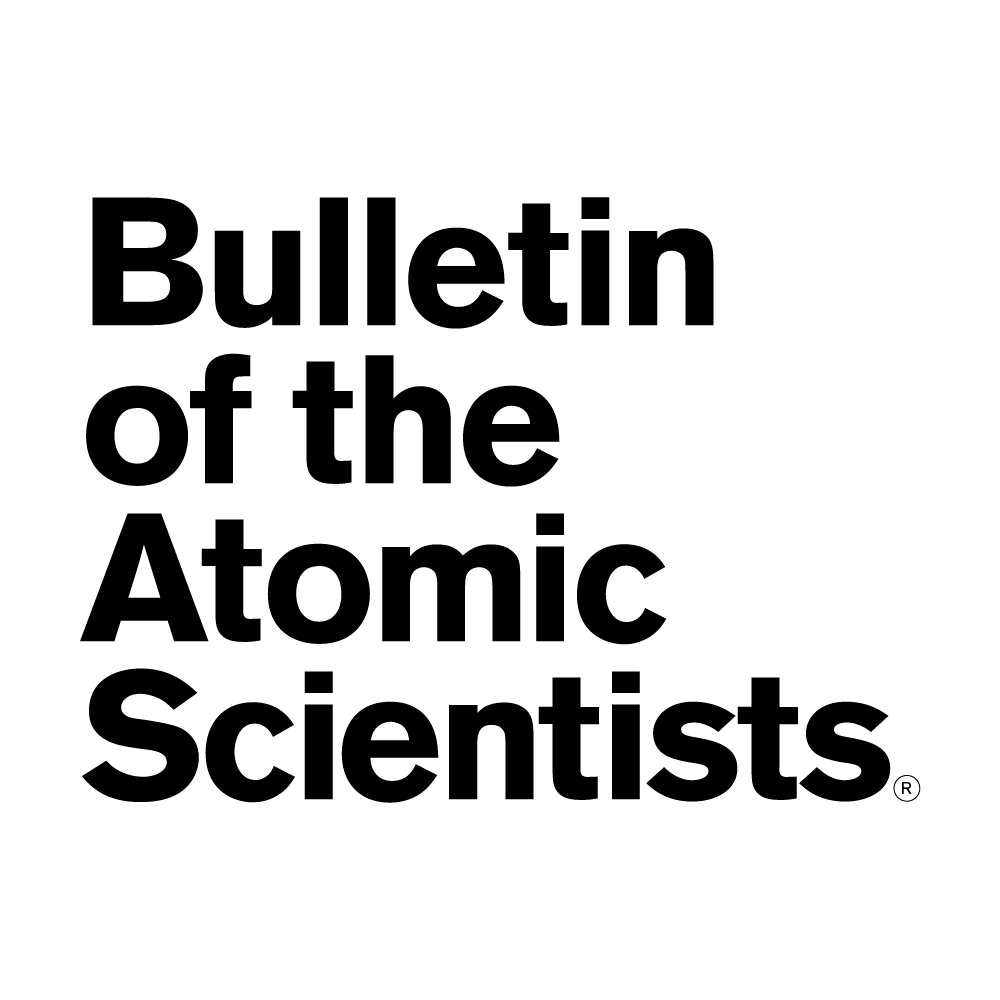
Bulletin of the Atomic Scientists, August 21, 2023
Posted: 21st August 2023
August 21, 2023

Director Christopher Nolan® directs Cillian Murphy (l)—the actor portraying J. Robert Oppenheimer in the film—on the set of Oppenheimer. Image courtesy of Melinda Sue Gordon/Universal Pictures
NUCLEAR RISK
Karaganov’s case for Russian nuclear preemption: responsible strategizing or dangerous delusion?
It seems unlikely that Moscow would follow former Kremlin advisor Sergei Karanganov’s suggestion to use tactical nuclear weapons in an attempt to end the war in Ukraine on Russian terms, write professors Stephan Cimbala and Lawrence Korb. “But unlikely does not mean impossible.” Read more.
DISRUPTIVE TECHNOLOGIES
AI and the new and old weapons of mass destruction
The fact that AI can be used in both military and civilian applications increases the likelihood that other technologies—including biological, chemical, and nuclear—will be used in both areas as well. It’s time for policy to acknowledge that, write two experts from the Future of Life Institute. Read more.
CLIMATE CHANGE
How Indigenous knowledge and citizen science can enhance climate research
Some scientists see Indigenous knowledge as folklore that won’t survive peer review. “We’ve had thousands of years of peer review; that’s what this data is,” says Leslie Canavera, CEO of PolArctic. “If it was wrong, you died.” Read more.

Christopher Nolan joins the Bulletin’s annual event
The Bulletin’s annual Conversations Before Midnight allows you to engage with the most influential voices tracking existential threats. This year, we are delighted to share that Oppenheimer director Christopher Nolan will be joining the event for a live-streamed keynote conversation.
NUCLEAR RISK
Widening the field of view on Oppenheimer
A Princeton physicist argues viewers of Oppenheimer must broaden their field of view to understand the issues that J. Robert Oppenheimer confronted for the first time in human history. Read more.
NUCLEAR RISK
Building information resilience to reinforce arms control
Disinformation campaigns undermine arms control regimes and norms. Here are five ways to build information resilience and spread truthful information that prevents lies from taking root. Read more.
QUOTE OF THE DAY
“Many of the figures you seen in [Oppenheimer] were part of our founders and our founders list—so Edward Teller, Isidor Isaac Rabi, Hans Bethe, and all the kind of the great scientists of the day. Along with Albert Einstein who was [...] as we saw in the movie kind of really at the end of his career and life, but still was an advocate for the Bulletin and actually wrote some of our first fundraising materials.”
— Rachel Bronson, Bulletin president and CEO, “Oppenheimer: What does the story tell us | Dr. Rachel Bronson,” TNWAC
Your ongoing support ensures we stay on mission and get the job done.
Thank you!

